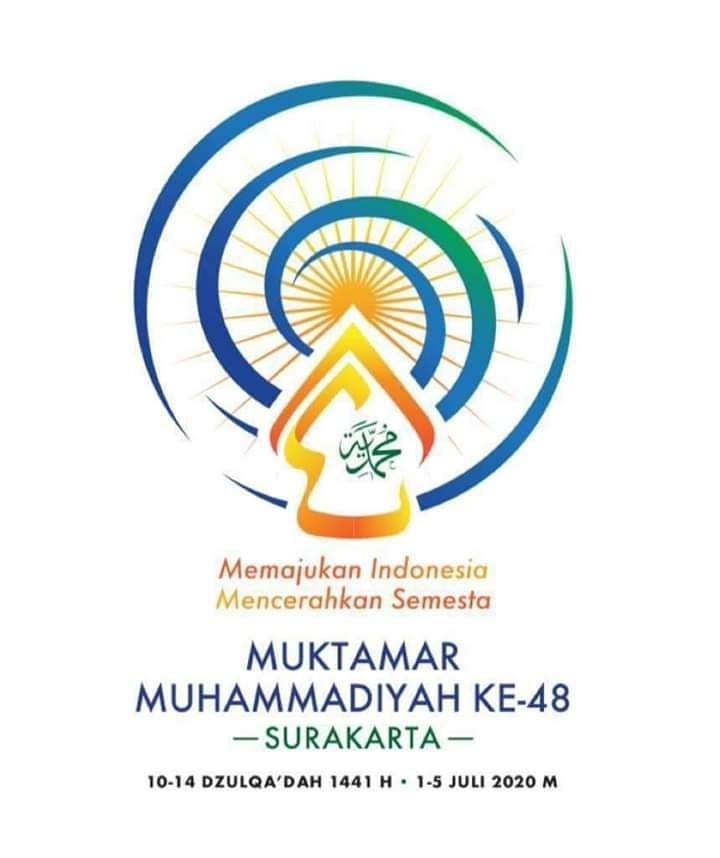 |
| Chairman of PP Muhammadiyah, Prof. HA Malik Fadjar is discussing student affairs problems and the solutions. |
National Meeting of Higher Education Chairmen of Muhammadiyah on Student Affairs, today (6/25) has entered the first day of the two-day planned event. The event began with the opening by the Chairman of Muhammadiyah Higher Education Council, Dr. Chairil Anwar. It was then continued with the first material delivered by the Chief PP Muhammadiyah Prof. HA Malik Fadjar.
UMM Rector, Dr. Muhadjir Effendy welcomed this meeting well because he believed that the field of student affairs is the most important part of university management. "It could be that those who get the most rewards from God are the university leaders who are in charge of student affairs," said Muhadjir.
According to the Rector, the problem of student affairs is unconventional, uncertain. It is different from the academic affairs which deal with something definite such as curriculum which should be clear, regular and measurable. Meanwhile, the student affairs are dynamic. The problems could come from anywhere and anytime. The condition of each university is also different. So, the handling on the problems is also different. There is a campus which is full of Muslims and the Muhammadiyah members, there is a campus with 80% of non-Muhammadiyah members, and even there is one with non-Muslim majority members. "Taking care students is a matter of taking care people and nations. Each PTM must be very clever in creating its specificity," said the Rector.
Rector hoped that this meeting would produce a formula for more concrete steps, such as national event jointly organized between the PTMs. For example, conducting KKN program with PTMs across Indonesia in particular areas it had been done several years ago.
Meanwhile, Chairil Anwar confirmed that PTM students are the people’s and nation's assets. In some areas, students can become the pioneers in establishing Muhammadiyah organization in the outposts. Their roles are very important for they experience obtaining education in PTM.
According to Chairil, there are three important points to be discussed at this meeting; first, discussing students as the object or subject of mentoring; second, emphasizing on the preparation of student human resources toward knowledge-based economy; third, emphasizing on students’ Emotional Quotient (EQ) as non-academic skill to prepare future leaders.
The meeting was followed by 155 Vice Rectors, Vice Chiefs and Vice Directors of student affairs of Indonesian PTMs. The goal of this event is preparing the concept of action to integrate patterns and student mentoring strategies within PTMs. (nas/t_alf)


